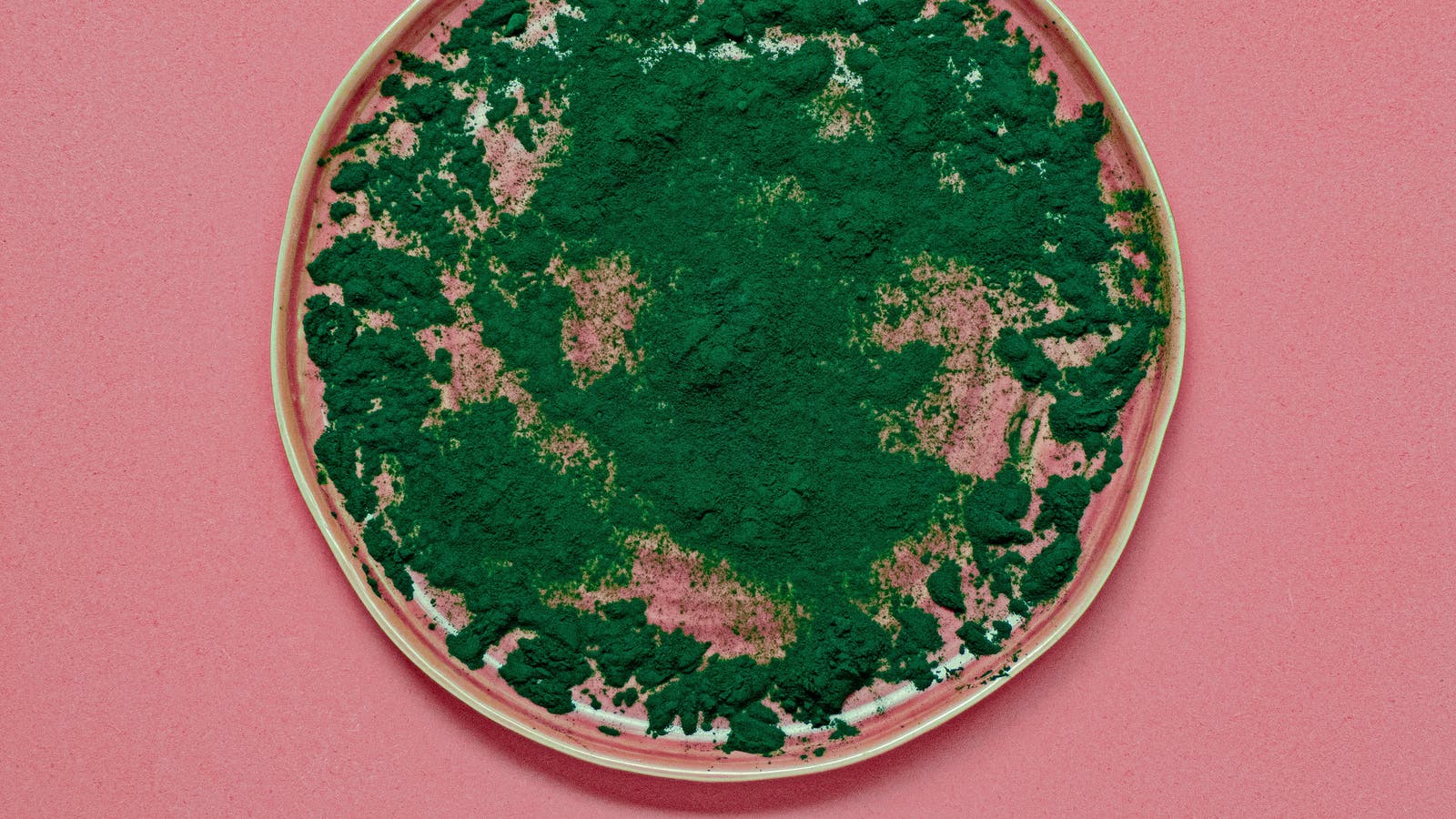Spirulina is not an algae strictly speaking, but a prokaryotic organism, that is to say a group of micro-organisms or unicellular cyanobacteria or rather micro-algae. Although spirulina is adaptable to extreme environments, it grows best in low-alkaline conditions, particularly in freshwater lakes, ponds and rivers. It also needs abundant sunlight and moderate temperatures. Once harvested, it is freeze-dried or sun-dried. Consumption of spirulina, particularly dietary spirulina, is undoubtedly one of the most nutrient -dense foods on the planet, which is why it is considered a superfood and is consumed in the form of food supplements (tablets, capsules). or spirulina powder for years.
What are the benefits of spirulina?
It is a good source of plant-based protein
Spirulina is also famous for its richness in plant proteins. It contains between 55 and 70% largely bioavailable proteins since the proportion of amino acids is optimal, as is their digestibility. However, it cannot be considered a reliable source of vitamin B12 because, although it contains this element in small quantities, vitamin b12 is not as bioavailable as in food of animal origin. However, it remains a quality micro-algae and a good substitute for vegetarians.
It has antioxidant properties
The antioxidant properties of spirulina are attributable to phycocyanin (natural pigment), a substance responsible for the blue-green color of spirulina, as well as to its carotenoid and zinc content. These antioxidants fight oxidative stress, which can damage the cells of our tissues, and have many virtues such as protecting our body against degeneration of vision and weakening of the skin, nails and hair.
It has a protective effect on the cardiovascular system
By preventing the oxidation of cholesterol, spirulina helps maintain low levels of "bad" cholesterol (LDL) and supports levels of "good" cholesterol (HDL). Furthermore, it has been shown that taken at a high dose, it provides additional benefits, such as regulating blood pressure. Researchers believe these benefits are due to spirulina's positive impact on the body's production of nitric oxide, which helps blood vessels relax and dilate, allowing blood to flow faster and easier.
It regulates the immune response
Studies have shown that spirulina supplementation can slow the production of cytokines, which play a role in the immune response and inflammatory process. In the case of allergic symptoms in particular, spirulina has been shown to be more effective than placebos in reducing itching, runny nose, nasal congestion and sneezing.
It could improve the composition of the microbiota
Several studies have shown that spirulina contributes to the growth and multiplication of beneficial intestinal bacteria, and inhibits the proliferation of pathogens such as the fungus Candida Albicans, suspected of being involved in numerous digestive and skin disorders and in certain autoimmune diseases. .
How much spirulina per day?
Spirulina contains many nutrients good for health such as provitamin A, B vitamins, vitamin E, phycocyanin, essential fatty acids. Namely, there is no regulated dosage for spirulina because it is not a medicine but a superfood, which can be taken as a treatment. On the other hand, there is of course an ideal amount to consume per day. Dosages may differ for athletes because their nutritional needs are different.
Be careful, however, with excess consumption which can sometimes cause pigmentation of the skin (mainly on the palms of the hand), this is due to the high proportion of carotenoids contained in spirulina (which includes beta-carotene, hence the orange color of pigmentation).
No contraindications for pregnant women, on the contrary, the iron level of spirulina should not be neglected and can be taken with the agreement of your doctor.
Sources:

